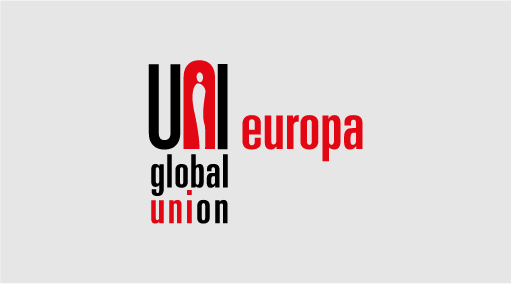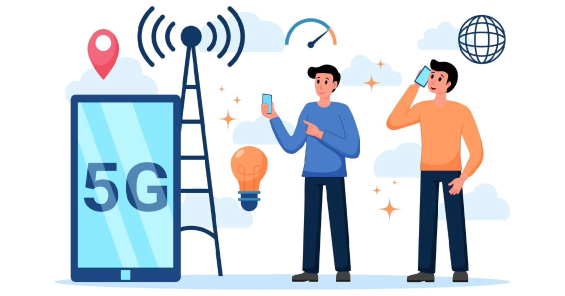In January, the telecom social partners UNI Europa ICTS and ETNO (the employer organisation regrouping incumbent telecom operators) kicked off a new project on mental health in the ICT sector. In the context of rapid technological change and digitalisation, new psychosocial risks have emerged for workers (e.g. burnout, constant availability etc). The project aims at reviewing and updating the “Good Work, Good Health” Guidelines that provide best practice examples on how to ensure the mental wellbeing of workers in the ICT sector given the new challenges.
UNI Europa has been awarded a grant from the European Commission to launch a project called “Ensuring the mental wellbeing of ICT employees in the new world of work – revising the Good Work, Good Health Guidelines”.
Brief description of the project
The ICT sector has always been at the forefront of technical developments, both in providing support for other industry sectors as well as in terms of using new technology within their own businesses. Consequently, the ICT workforce has been among the first to experience the benefits but also the challenges of these changes that not only involve the use of modern technology and equipment, but often also leads to important changes in the work organisation. New forms of work organisation such as telework or ICT-based mobile work that can be beneficial for workers’ work-life management can at the same time blur the boundary between professional and private life. The potential for employees to be available due to an advanced technology has led to borderless work with often increased work load and working time that may put additional pressure on the workforce. Moreover, the increasing competition within the European ICT sector but also with global ICT players has led many companies to relocate or restructure their activities (e.g. by outsourcing or near-/offshoring jobs) and to use new forms of work organisation and contracts that all heavily impact on the ICT workforce. Facing these different developments – rapid technical change, the threat of redundancies and relocations, new work organisation – many European ICT workers experience a feeling of job insecurity, stress and increased workload.
The social partners in the ICT sector, UNI Europa and ETNO, have been observing the increase of work-related stress and psychosocial risks for a long time. This is why they had carried out a project on mental health in the telecom sector in 2009 already. The “Good Work Good Health” Project (VS/2009/0162) aimed at improving the mental wellbeing of workers in the telecom sector by defining good practice. Within the framework of this project, a report was drafted that identified good practice based on a systematic evidence review and interviews within companies. The findings of the report were fed into the project’s key outcome, namely the “Good Work Good Health Guidelines”. These guidelines highlighted good practice examples and provided concrete recommendations for employers and employees on how the mental wellbeing at the workplace could be improved.
In the light of the rapid technological changes and the evolution of the ICT sector during the last years, ETNO and UNI Europa feel that it is necessary to review and update the “Good Work Good Health Guidelines”. Though the essence of the Guidelines is still valid, it seems necessary to review the mental wellbeing of ICT workers in the evolving world of work and analyse any new psychosocial risks that have emerged since 2009. A review of the Guidelines should go beyond the research results of the former project and analyse any new elements in the modern world of work that may impact on the mental health of employees. This includes the evolution and widely spread use of ICT-based mobile work, flexible working time, the use of KPI’s etc. Furthermore, the appearance of new forms of work such as platforms and crowd work should be addressed, as well as the tendency towards virtual management and self-management (the exact scope of the research will be defined by the Steering Group). All these factors heavily impact on the working conditions and therefore the wellbeing of workers. These elements can both represent new opportunities but also a new level of psychosocial risks. The revision of the Guidelines should also incorporate best practice examples from companies and workers’ organisations in the ICT sector addressing mental health in the new world of work: e.g. policies on the right to disconnect, agreements on mobile work, initiatives to prevent stress and burnout etc.
In order to collect the material for updating the Guidelines, the project partners will commission an external expert. The expert would have to review the existing literature regarding the newly emerged psycho-social work hazards and elements of work that impact on mental wellbeing. In addition to the desktop research, the external expert should as well examine recent policies and initiatives in companies and workers’ organisations affiliated to ETNO and UNI Europa that can be added as best practice on the newly identified issues. Moreover, he/she should – in coordination with the project steering group – elaborate the revised version of the Guidelines.
The call for tender can be found below.
